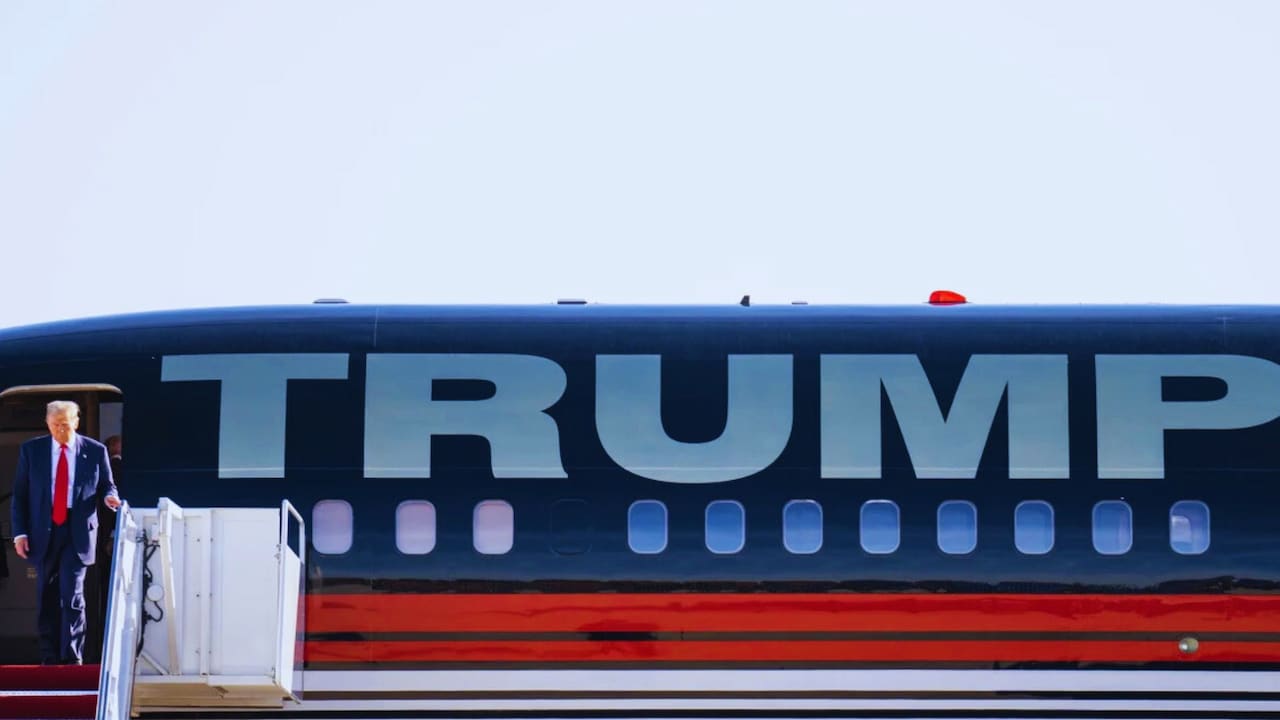Trump’s Power Play: Cabinet Picks Spark Washington Showdown
In a series of bold moves that have rattled Washington’s political establishment, President-elect Donald Trump has unveiled his controversial picks for key Cabinet positions, signaling a dramatic shift in how the federal government might operate during his second term.
The appointments of Matt Gaetz as attorney general, Tulsi Gabbard as director of national intelligence, and Pete Hegseth as defense secretary have sent shockwaves through both parties. These choices appear to be more than just staffing decisions—they’re a clear message to Washington’s power structure.
“It’s just kind of like god-tier trolling, just to trigger a meltdown,” said Senator John Fetterman, capturing the mood in Washington. The Democratic senator’s words reflect the growing sense that Trump’s selections are deliberately provocative.
The most contentious pick is Gaetz for attorney general. The Florida Republican, who recently resigned from Congress, brings significant baggage to the role. He was previously under investigation by the very department he’s now slated to lead, though no charges were filed. His selection raises eyebrows not just for his controversial past but for his stated intention to “bring to heel” the Justice Department.
Former Trump aide Anthony Scaramucci put it bluntly: “Let’s pick some triggering people.” This strategy appears to be working exactly as intended, creating both fury among Democrats and enthusiasm in Trump’s base.
But it’s not just Democrats who are concerned. Republican Senator Lisa Murkowski called Gaetz an “unserious candidate,” while Senator Susan Collins expressed shock at the nomination. Their reactions highlight the potential confirmation battles ahead in the Senate.
The selection of Fox News anchor Pete Hegseth for Defense Secretary represents another departure from tradition. While Hegseth served honorably in Iraq and Afghanistan, his lack of high-level strategic experience has raised questions about his readiness to lead the world’s most powerful military.
Tulsi Gabbard’s nomination as intelligence chief is equally striking. The former Democratic presidential candidate has become one of Trump’s strongest allies, particularly in criticizing the intelligence community she would now lead. Her past skepticism of U.S. intelligence assessments, particularly regarding Syria, has drawn criticism from both parties.
The only relatively conventional choice appears to be Senator Marco Rubio for Secretary of State. While Rubio has shifted toward Trump’s “America First” position, his foreign policy expertise has earned him respect across party lines.
These appointments reveal Trump’s clear priorities for his second term:
- He perceives federal agencies as adversarial.
- Placing loyalty above traditional qualifications
- Setting up confrontations with establishment figures
- Preparing for what he calls “retribution”
The confirmation process will put John Thune’s new Republican Senate majority to the test. With a slim majority, every vote will count, and moderate Republicans may face intense pressure from both sides.
Trump’s supporters perceive these appointments as fulfilling his campaign promises to purge corruption and reform government agencies. His critics see them as dangerous appointments that could undermine key institutions.
As Washington grapples with these nominations, one thing is clear: Trump is not seeking to maintain the status quo. These selections suggest a second term focused on dramatic change, even if it means upending traditional government operations.
The coming confirmation hearings will likely be contentious, with Democrats and some Republicans raising serious questions about qualifications and intentions. But with Republicans holding a Senate majority, Trump’s strategy of choosing loyal allies over conventional picks may well succeed.
The message from Trump Tower is unmistakable: The president-elect is doubling down on his outsider approach, choosing confrontation over compromise and loyalty over traditional credentials.
Whether this strategy will strengthen or weaken American institutions remains to be seen, but one thing is certain: Washington’s power structure is in for a shake-up.
